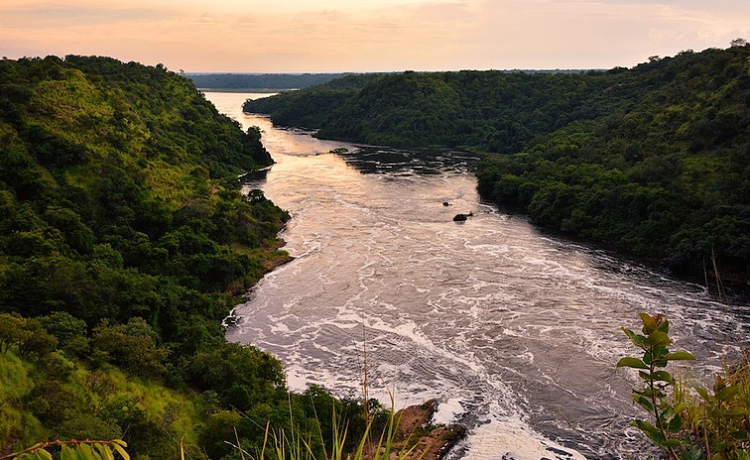The Nile, which runs from Uganda to Egypt, is critical to the survival of millions of Africans.However, a combination of climate change and human overuse is drying up the river, worsening conditions for farmers who are concerned about low harvests and power outages.

The Nile basin spans 11 countries, including Tanzania, Burundi, the Democratic Republic of the Congo, Rwanda, Uganda, South Sudan, Ethiopia, and Egypt, where hundreds of heads of state are gathering for the COP27 climate conference, which begins on Sunday in Sharm el-Sheikh.
However, global warming and human overuse are putting a strain on the world’s second-longest river. The flow of the Nile has decreased from 3,000 cubic metres per second to 2,830 in the last 50 years.
According to UN forecasts, a lack of rainfall and increased droughts in East Africa will cause river flow to drop by 70% by 2100. The world body predicts a loss of 75% of available water per local resident.
Related land erosion, crop loss and lack of electricity are also likely to have a dramatic impact on the millions of people living in Africa who rely on the river for survival.
At the southern end of the Nile, the impact of climate change is being felt keenly in Africa’s largest lake. Located between Kenya, Uganda and Tanzania, Lake Victoria is the largest supplier of water to the Nile, with the exception of rainfall. Yet evaporation, lack of precipitation and changes in the tilt of the Earth’s axis mean the lake is now at risk of disappearing.

One 2020 study analysed historical and geological data from the past 100,000 years and found that the entire body of water could disappear in the next 500 years. This would have a striking impact on the Nile, a river whose basin covers 10 percent of the African continent and which is an essential resource for 500 million people living in its vicinity.
“Those who have the least water today will have even less tomorrow because competition for water will be even more fierce,” says Habib Ayeb, geologist and emeritus professor at the Paris-8-Saint-Denis University.
In countries such as Egypt and Ethiopia, lack of access to water among people living along the Nile is already an issue due to politics rather than climate change, says Ayeb. Priority of access is currently given to large-scale agricultural businesses as opposed to local inhabitants.
“There is a lot of competition for water intensified by agribusinesses that grow produce for export. Policies that aim to export water from the Nile in the form of tomatoes or cucumbers do not take into account the [local] populations that need this water,” Ayeb adds.
Climate change threatens to worsen the situation for millions of people. “Lower water levels due to global warming will impact those who are already the most in need,” Ayeb says. France24






